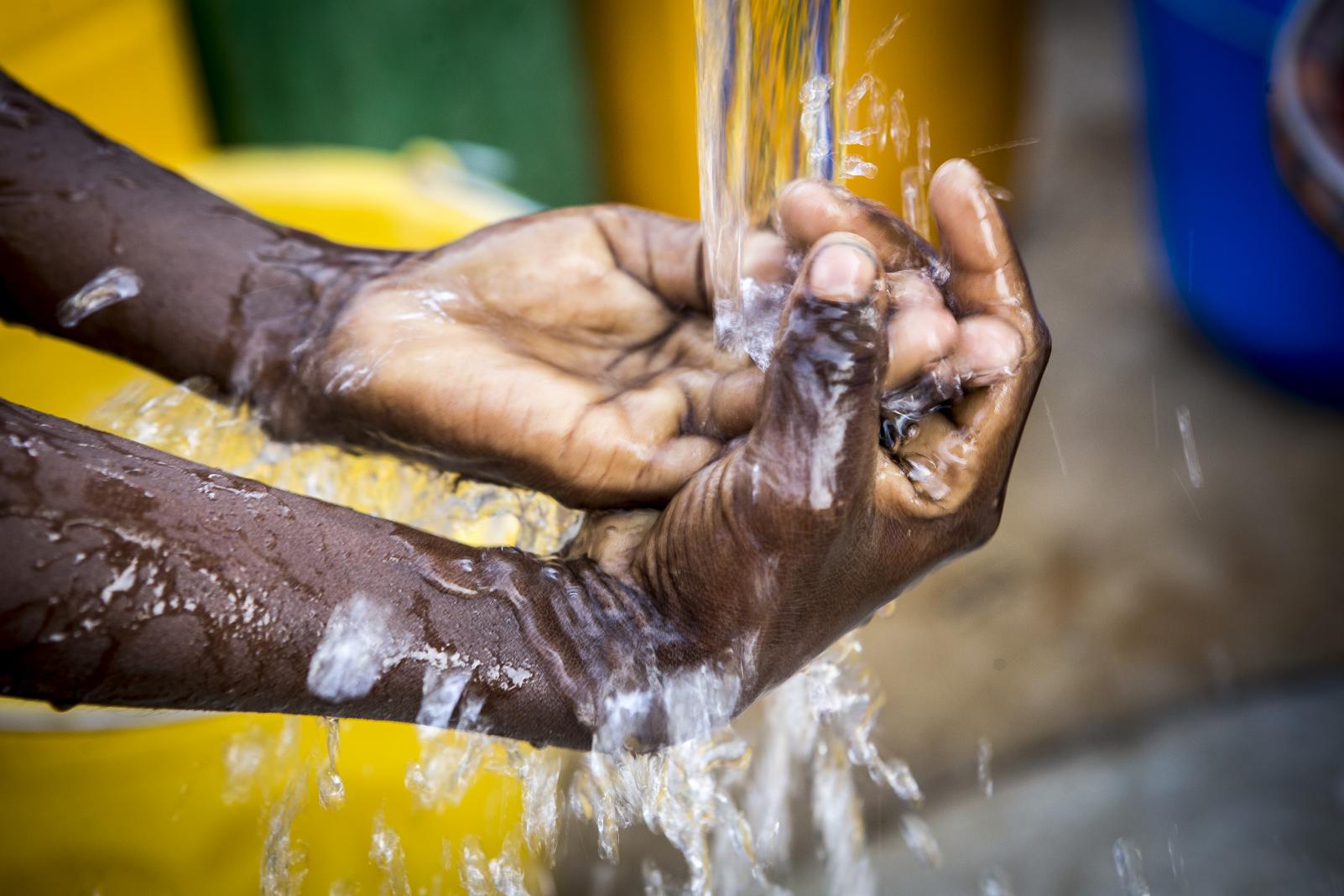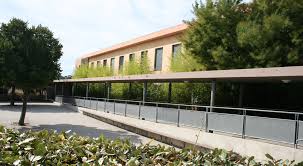Hand-washing cheapest way of fighting diseases

Cross River State Commissioner for Health, Dr. Betta Edu, has said that the cheapest way to fight diseases was through effective hand washing.
Edu said this in Calabar while receiving over 200 hand washing stations donated by United Purpose, a non- governmental organisation, to the state’s Primary Healthcare Development Agency.
The commissioner, who said she was grateful that the state has partners who were always ready to support it in the area of health, stressed that when sanitation fails, healthcare suffers.
“Although, the state had not recorded massive number of the ravaging COVID-19 infection and deaths, residents are advised to have a high index of suspicion.
“We encourage everyone to effectively use the available resources in the health facilities in the state and have a high index of suspicion. I call on the health workers in the state to bring the infection control protocol they have been taught to bear.
“We will be signing the clinical governance agreement today to ensure that when our clients go to our facilities they are protected and the caregiver is also protected,” she said.
The commissioner encouraged residents of the state to build their immunity because it is a way of protecting themselves and their loved ones from diseases.
She added that anyone who displays any of the symptoms of COVID-19 should go to the state’s testing centre.
Director General of the agency (CRSPHCDA), Dr. Janet Ekpenyong, lauded United Purpose and other partners for assisting the state.
Ekpenyong said it was not the job of the government alone to fight the ravaging COVID-19 pandemic in the state, but the job of everyone.
Earlier, the Programme Manager of United Purpose, Mr. Nanpet Chuktu, said his organisation is partnering the state because it wants to help in pushing back the coronavirus from the state.
“We the United Purpose through the water supply and sanitation collaborative council are making a donation of 10 hand washing stations per local government area.
DisCos seeks CBN intervention to improve metering process in Nigeria
“These hand-washing stations are for emergency and would be delivered to the state’s primary healthcare agencies. We are looking at about 250 of them and each of the primary healthcare facilities would get at least one,” he said.










